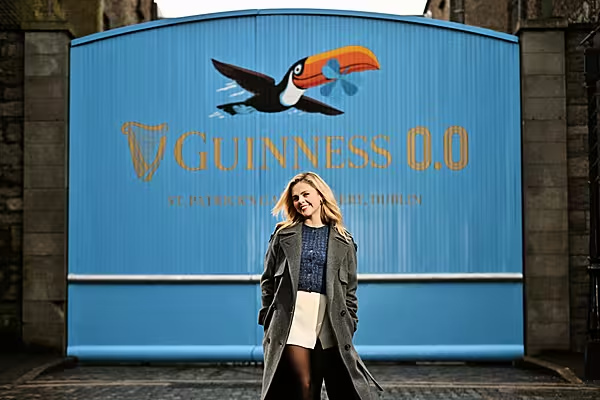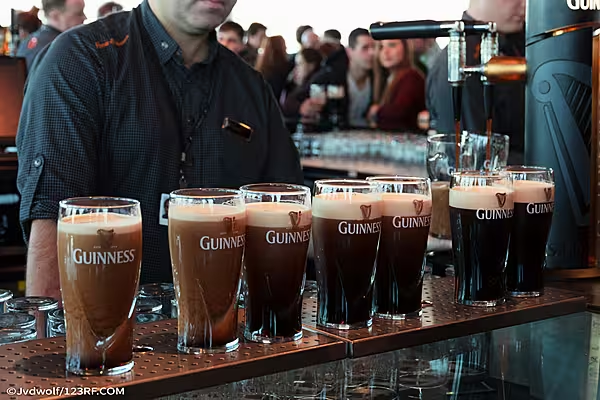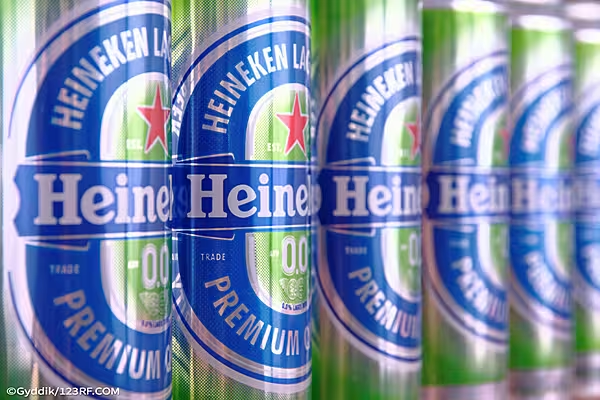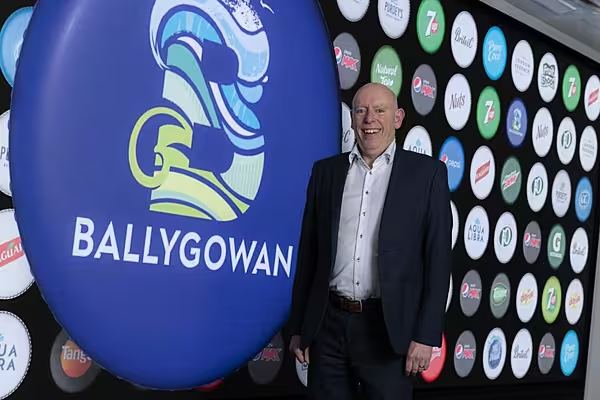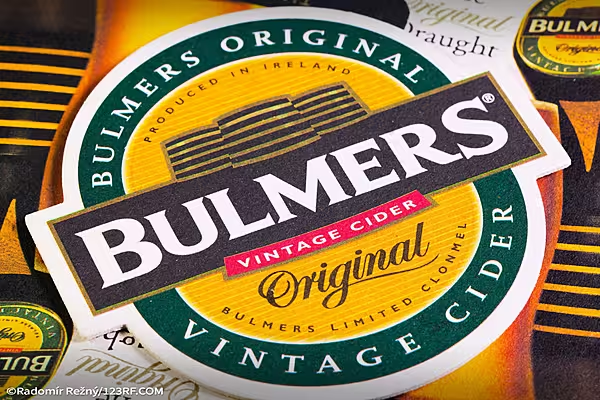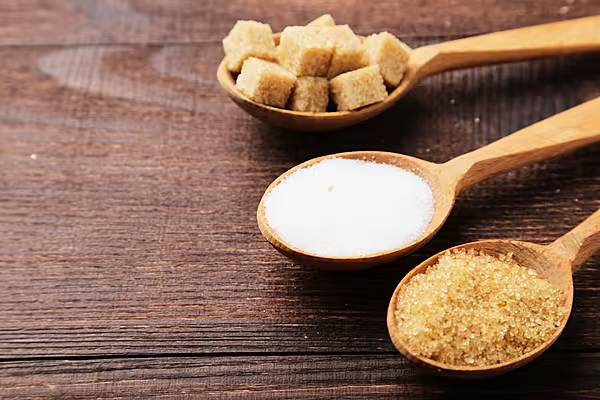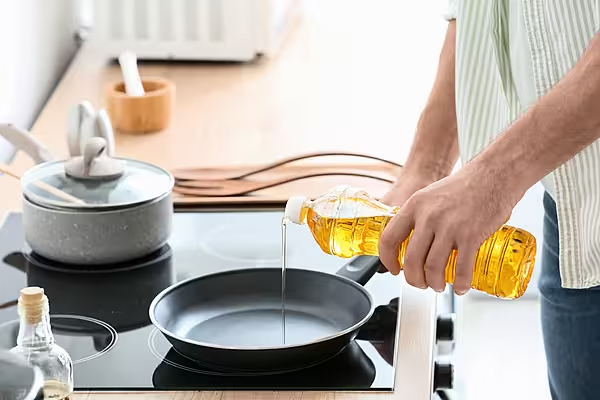No one seems to be drinking any more! No one wants to go out any more! Why are things changing?
You may have heard observations or anecdotal evidence, but research does point to changing drinking habits in Ireland and around the world.
Drinkaware reported that in 2023, per-capita alcohol use in Ireland was 9.9 litres of pure alcohol per person over 15 years of age – a 2.9% decrease on 2022.
This changing level of interest indicates a level of sober curiosity in Ireland, which mirrors a wider trend of younger generations drinking more mindfully, and, as a result, less than they did previously.
Sober curiosity is on the rise, and brands are moving with the times, but what is driving this trend, and how exactly are drinks companies pulling in their audience?
What Is Sober Curiosity?
Sober curiosity is a term used for people who are more conscious of when, how much, and why they drink alcohol.
It does not mean that they are forgoing alcohol altogether, but they are cutting back and being more mindful of their drinking habits.
The reasons for dabbling in sober curiosity are as personal as they are numerous, but some motivators include saving money during a time of high living costs, taking care of mental and physical health, and a change in the way that we socialise.
An increase in sober curiosity – as opposed to pure sobriety – means that consumers may find themselves in bars or social situations where they want to enjoy the full atmosphere without drinking alcohol.
This is where zero-alcohol products come in, and they have been on the rise.
‘Fill That Social Void’
Non-alcoholic ventures have been in the news over the past few weeks, as actor Tom Holland launched Bero, a zero-alcohol beer alternative. Having quit alcohol two years ago, the actor recently spoke about how zero alternatives helped him on his journey.
“I really started leaning on non-alcoholic beer,” Holland told Fast Company. “It helped me kind of scratch that itch and fill that social void I was missing.”
In a culture where pubs and alcohol form a key part of socialising, such as in Ireland or Holland’s native UK, opting for a non-alcoholic option, such as a soft drink or water, can draw unwanted attention or lead to invasive questions.
“I think it is unfair to a sober or sober-curious person,” Holland said, “because it makes you feel you are standing out, when really all you want to do is blend in.”
As Bero now benefits from its celebrity co-founder and slick design, popular breweries and drinks companies have adapted their offerings and devised enticing marketing campaigns to both lean into the market that sober curiosity offers and invite new customers to enjoy their brands.
Humorous Advertising
As mentioned, the reasons to not drink are manifold, and in its most recent campaign, Heineken went for a classic one: being the designated driver.
“Who is the best driver?” a friend at a bar asks, before the camera humorously pans to Formula One champion Max Verstappen.
As the professional race car driver goes through a montage where he is the designated driver for a gaggle of drunk and giddy friends, we are shown his growing annoyance at being left out of the fun.
Eventually, when tasked with being the designated driver, he holds up a half-finished Heineken bottle.
The ad concludes its safety message – ‘The best driver is the one not drinking, unless it’s Heineken 0.0’ – as it shows Verstappen cheers’ing through the window to the driver with his 0.0 bottle.
This ad, using the star power of Verstappen and the tongue-in-cheek acknowledgement of his sporting achievements, both destigmatises the choice to go alcohol-free and adds fun to what may have previously been deemed a ‘boring’ choice.
‘Have We Been Doing It Wrong?’
A Guinness 0.0 campaign, released just before St Patrick’s Day, enlists former Derry Girl Saoirse-Monica Jackson, as she learns that the patron saint wore blue, rather than the famous green.
Jackson looks around at all the blue that she can see around her, landing finally on the blue 0.0 on the pint in front of her.
“My goodness,” she says. “Have we been doing it wrong all along?”
While there is no right or wrong way to socialise or enjoy a drink, Jackson nods to accepting different ways of enjoying oneself that is not entirely reliant on alcohol, following declining drinking trends.
The ad concludes with a message: ‘Make it a St Patrick’s Day to remember.’
Through celebrity endorsements, humorous campaigns and tongue-in-cheek messaging, brands are leaning into the sober-curious market.
By destigmatising the interest, they have opened themselves to a whole new market, and they are leaning into consumers’ interests, letting them know that moderation – and curiosity – can be fun.
Read More: Drinkaware Warns Of Alcohol’s Impact On Mental Well-Being
